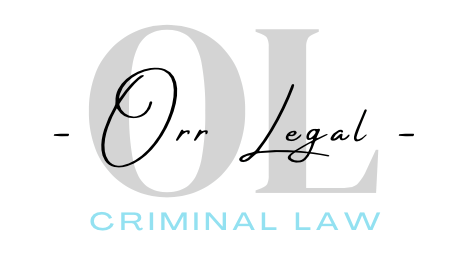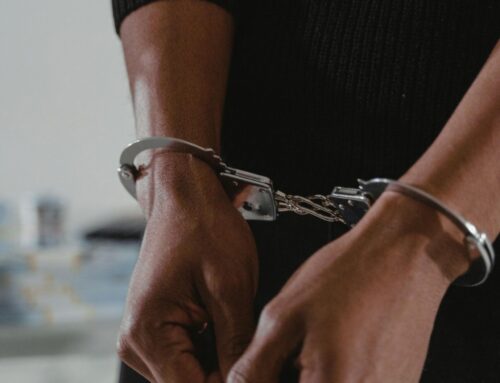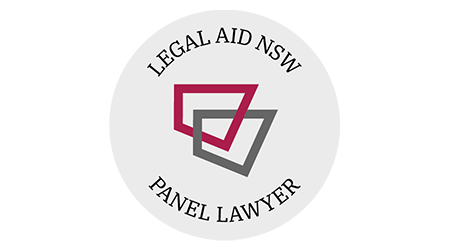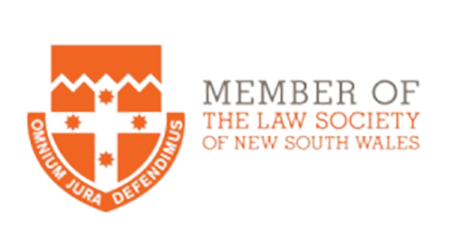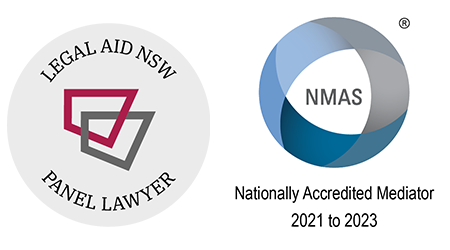Driving under the influence (DUI) is a serious offence in New South Wales, with harsh penalties for those who are found guilty. In this blog, we will discuss what constitutes a low-range DUI and the associated penalties for those convicted of such an offence.
Low-Range DUI Offence
In NSW, a low-range drunk driving offence occurs when the amount of alcohol present in your system is between 0.05 and 0.08 grams per 210 litres of breath or 0.05 and 0.15 grams per 100 millilitres of blood, as measured by a breathalyser or blood test taken by police after they have pulled you over while driving or shortly afterwards at a police station. The law states that any person with these levels of alcohol in their system must be under the influence and thus not capable of safely controlling a vehicle on public roads.
Penalties for Low-Range Drink Driving
If you are found guilty of low-range drunk driving in New South Wales, you may face both financial penalties as well as other punishments, depending on the severity of your offence and if it is your first such conviction or if you are a repeat offender. Financial penalties can include fines ranging from $1,100 to $2,200 plus any court costs associated with attending court; disqualification from driving for 6 months; installation of an Interlock Device into your car; enrolment in an Alcohol Education Program run by Roads & Maritime Services. You may also face non-financial punishments such as community service orders or even prison sentences depending on the severity of your offence and prior convictions against you.
A low-range drunk driving conviction can have far-reaching consequences so it’s important to understand what constitutes this type of criminal offence and know what to do if you find yourself facing such charges in New South Wales. If you have been charged with DUI in NSW, it’s essential that you seek legal advice from Nichole Orr from Orr Legal. She can help protect your rights and ensure that any financial or non-financial penalties faced are fair and reasonable given the circumstances surrounding your case. Getting the best advice to respond to criminal charges related to driving under the influence can make a big impact on how the case and the harshness of the penalty.
